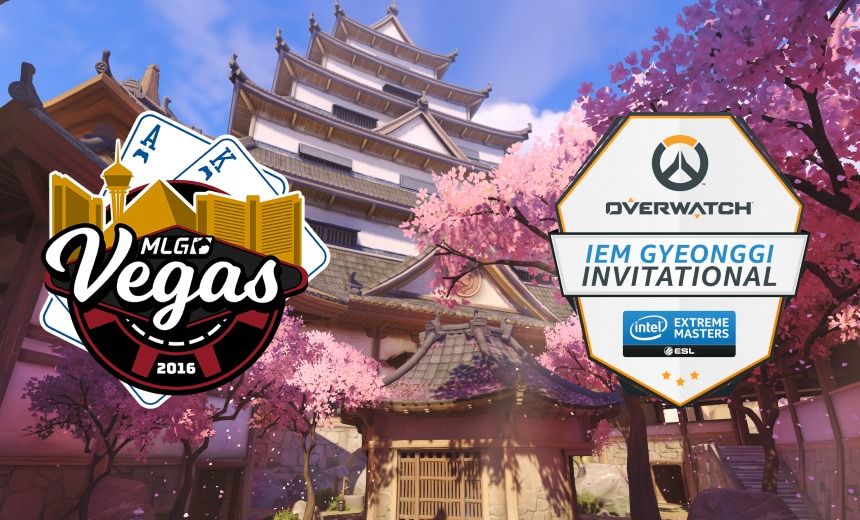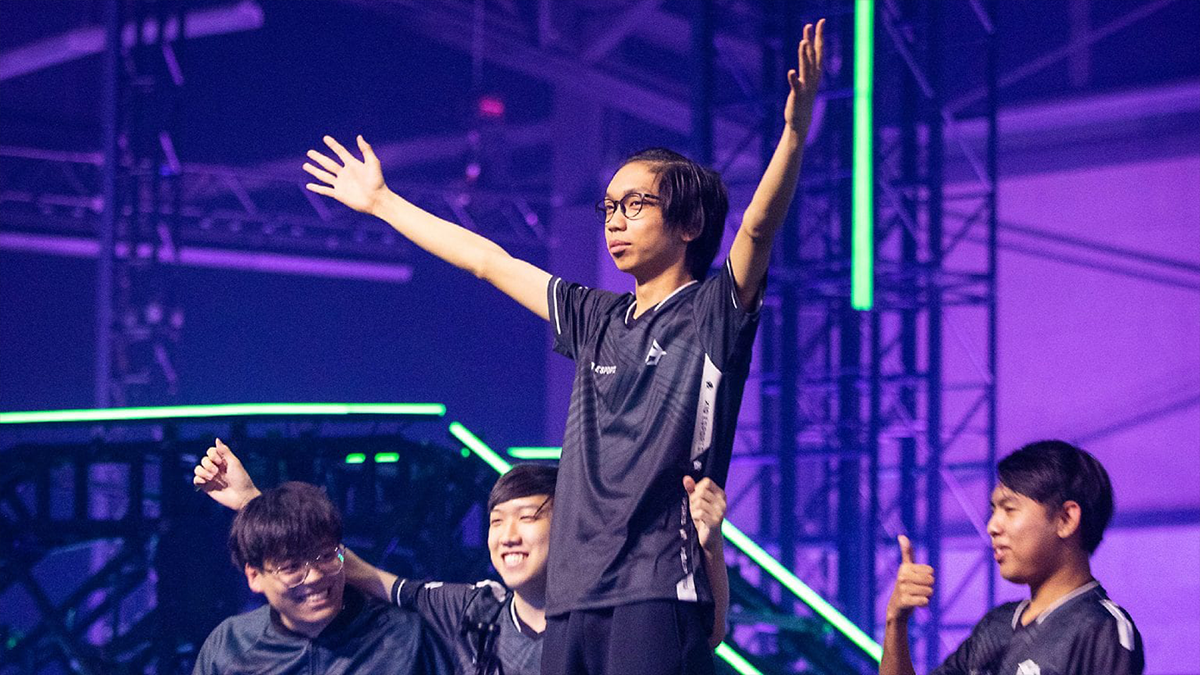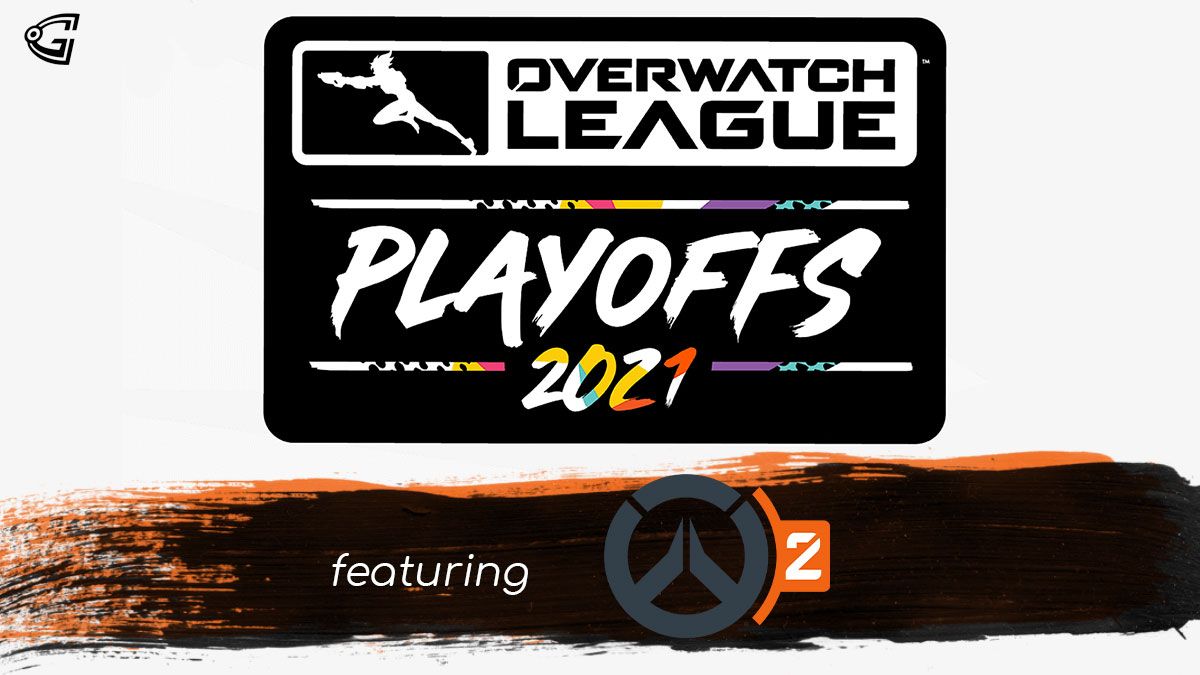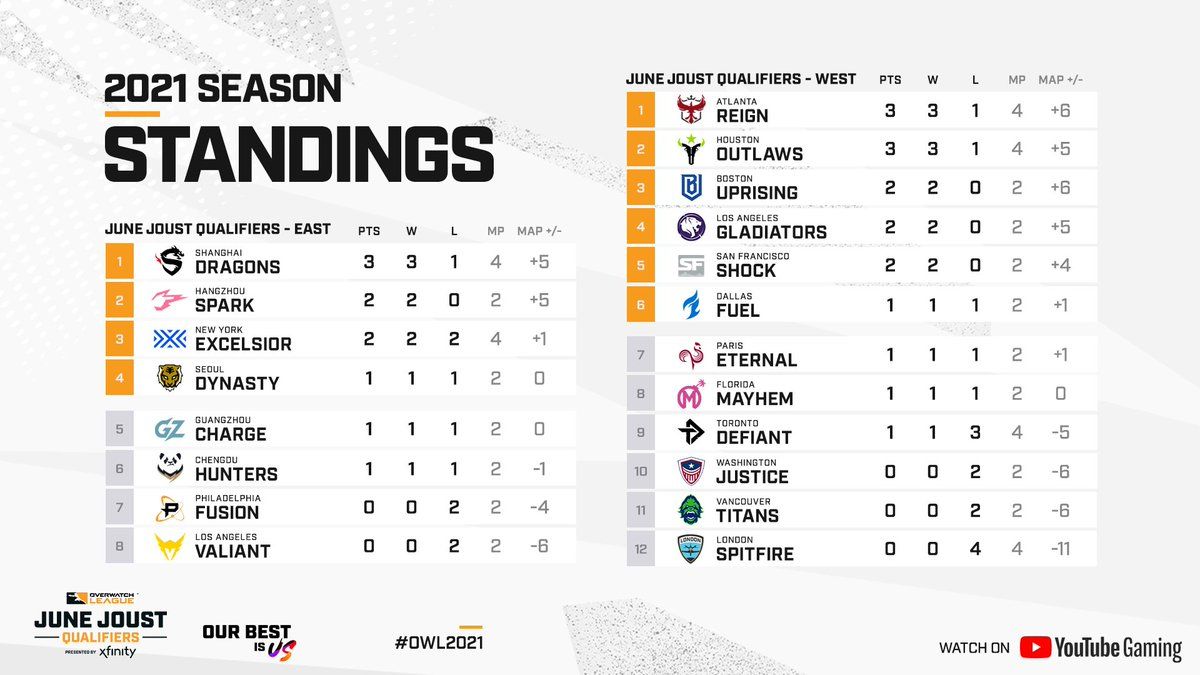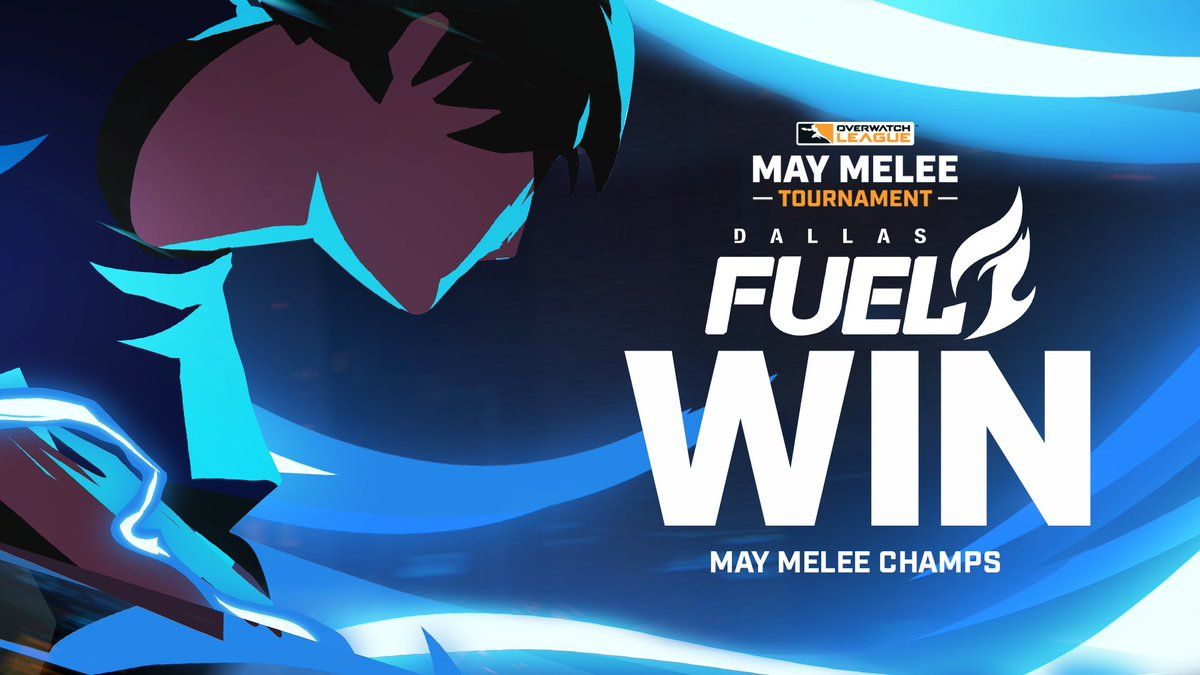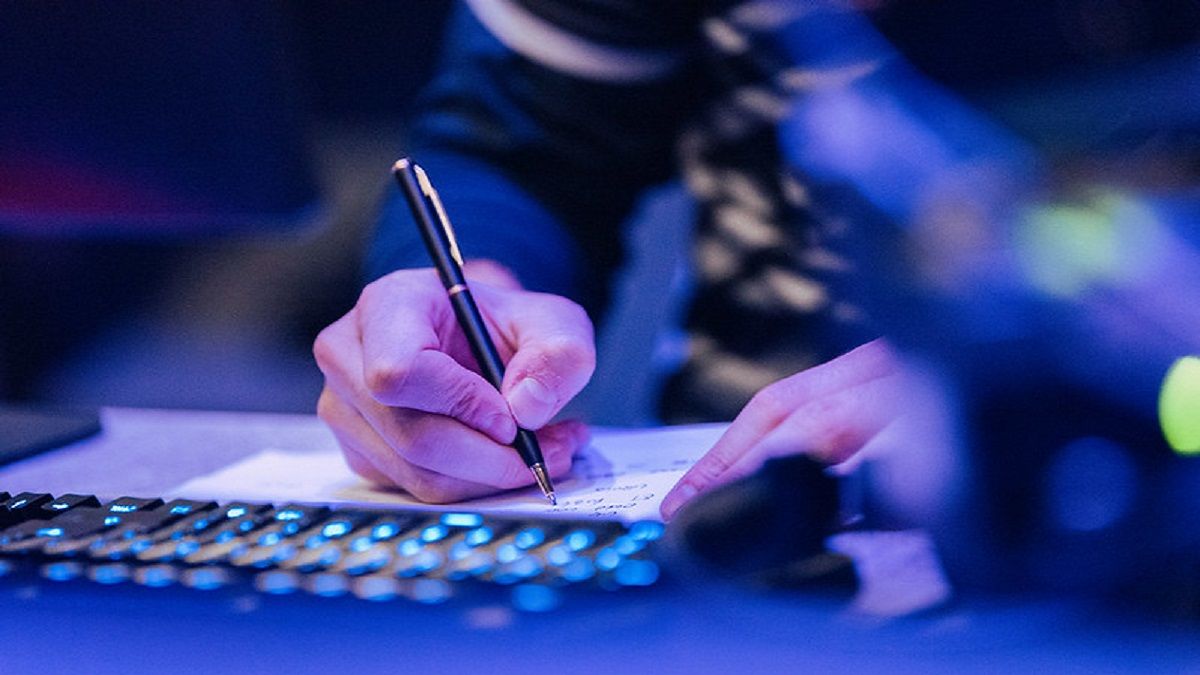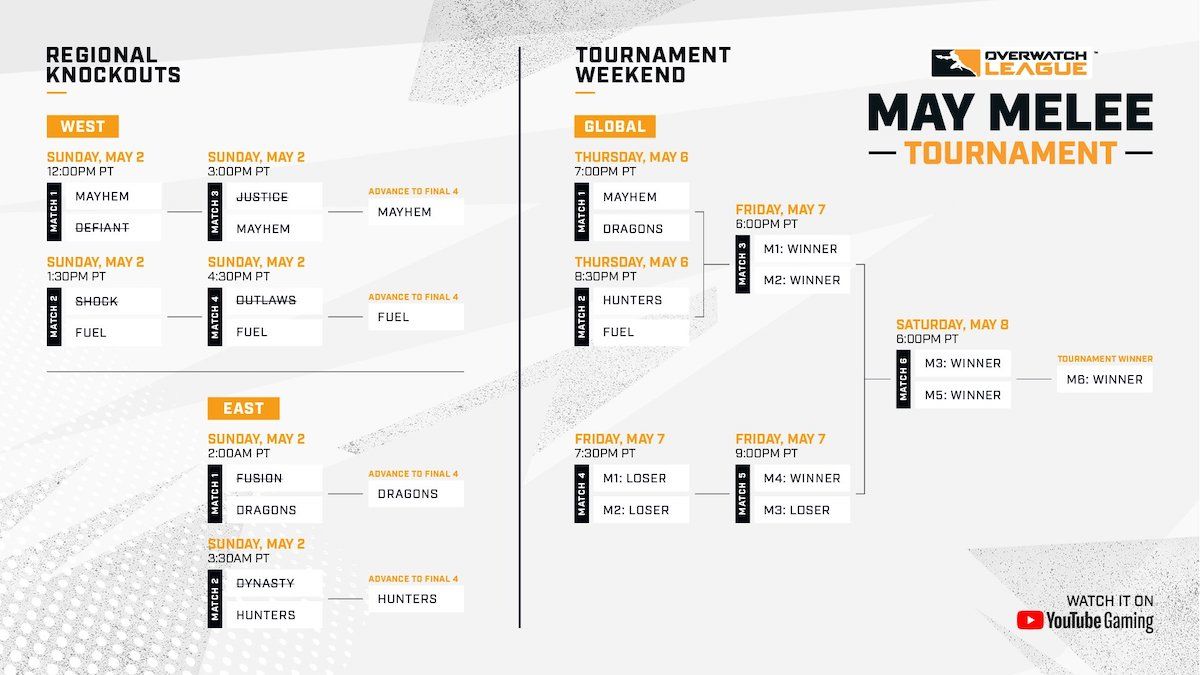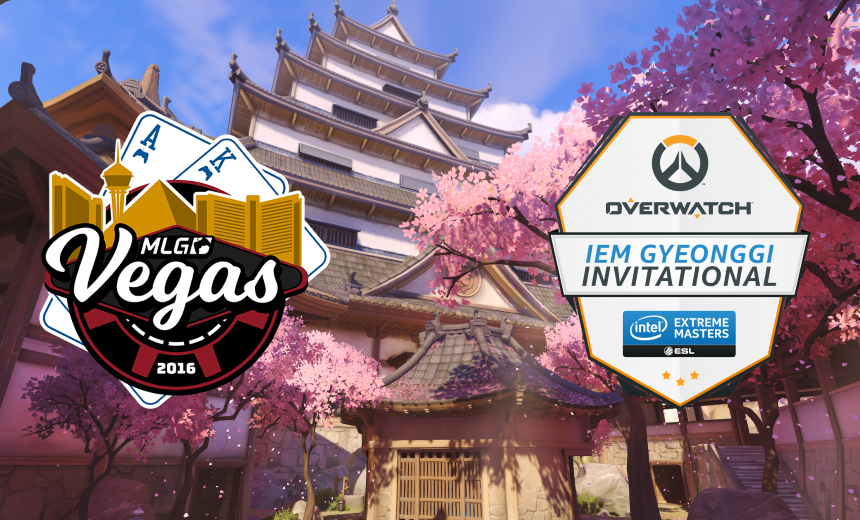
The upcoming MLG Vegas and IEM Gyeonggi events will be played using map lists created by the tournament organizers. Allowing the participating teams to select maps through a map ban process has been the norm in Overwatch tournaments up to this point, and the decision to instead use pre-determined map lists has drawn criticism from the participating teams, the broader pro community, journalists, and fans.
But why is this such a big issue? We sat down with Team Liquid's Tim "DaHanG" Fogarty and Denial Esports' Donald "Dahun" Leigh to pick their brains about map bans and training for tournaments.
Thank you for agreeing to share your thoughts. Let's cut right to the chase: why are map bans so important to competitive players?
First, the core concept behind competition is to have the most level playing field possible. So, if there are maps that are arbitrarily selected to be played within individual matches by an entity without the consent of the participants, then there is a high probability of favoring certain teams over others – whether intentional or not.
DaHanG: First, the core concept behind competition is to have the most level playing field possible. So, if there are maps that are arbitrarily selected to be played within individual matches by an entity without the consent of the participants, then there is a high probability of favoring certain teams over others – whether intentional or not.
Second, it is important that rules of a competition are released well in advance of the tournament. If rules are released only one week before a major tournament, then a lot of preparation may have been used sub-optimally and favor certain teams over others in an accidental sense.
Third, the burden is on the outside entity (outside of the competitive community) to demonstrate why the consensus of a map draft system among the professional teams is not appropriate. Recall in the case of MLG Vegas 8 of 8 teams were in favor of the map draft. If the outside entity fails to meet this burden, then the map draft concept should continue to be in place.
If the gaming event is done in a "for fun" promotional style, then indeed the organizers should be able to create the rules to suit that need. If the event is for the purposes of a competition, then the rules need to be optimized to favor competitive play.
Dahun: It allows you to prepare for certain teams. Say a team is only good at King of the Hill (KotH), you can just ban out the three KotH maps. Say a team is only good at the "standard" map picks like King's Row, Hollywood and Dorado, you can ban those and play on a non-standard payload map or KotH map.
It also allows you to ban out some maps that are gimmickier, like the Two Capture Point (2CP) maps, Numbani (dubbed Numbanit) and Illios. This allows you to play maps that are more fluid, and are not determined by whether your first push succeeds or fails, or by environmental kills.
The initial map list for the MLG Vegas event heavily featured a few maps that aren't often seen in tournaments. After the initial criticism of the map list, MLG released a new one. Did that make the situation better or worse? How much of the issue was that you were being told to use a pre-determined map pool, and how much of it was the specific maps that were chosen?
DaHanG: It made the situation marginally better. The quality and quantity of predetermined maps is secondary for competitive play than the correct format itself.
To put a subjective number on it, it was 75% the format being an issue, 25% the maps being an issue. I'm just going to reiterate again that if maps are predetermined, they must be announced within a reasonable amount of time so teams can prepare and adapt.
Dahun: In the short term for viewers I would say the revised map pool would be more fun to watch. For the teams actually playing in it, it makes it much worse because they had been practicing the MLG maps for a week now and now some of the maps they had been practicing are less frequent or not played at all.
Being given predetermined maps based on where you are in the tournament, you can feel like you got unlucky. You might have to play a really good team on their best map and not get your best map. If there was a draft, neither team would get to play their best map unless one team really messed up the map draft.
Seeing as I'm not actually playing in the event, I can only speak for how I would have felt expecting a draft up to this point. When you practice, you really want to refine some maps so you can become really good at them. This goes beyond just scrimming on the maps – we have gone into some maps in the game in skirmish mode just to find angles you can throw a D.va ult so it would hit an area for maximum effect. This is just one example of what some teams do outside of just playing the maps.
Being given predetermined maps based on where you are in the tournament, you can feel like you got unlucky. You might have to play a really good team on their best map and not get your best map. If there was a draft, neither team would get to play their best map unless one team really messed up the map draft.
One of the common responses that we've heard from fans is that as pros, you should be training on all of the maps. Tell me about your training process: how do you choose which maps to train on, and how much time you spend on each one?
DaHanG: Obviously, we try to prioritize practice on maps that are likely going to be played in actual matches. This depends on map lists in tournaments as well as our map drop strategy.
If we are going to have an entity outside the competitive community dictate the maps, then I disagree with the premise. Because the outside entity is saying Map A will be played six times in the tournament and Map B one time in the tournament, teams get more value out of practicing Map A.
Obviously, time spent on each map depends on the strengths/weaknesses of your team as well as the standards in place for rules tournament after tournament.
Dahun: There are only so many hours in a day, and there are 13 maps, soon to be 14 maps. You only have time for about 5ish maps in a 2-hour scrim session, so you can't even play all the maps through one time if your team only plays for 4 hours a day.
Most teams don't want to practice the unpopular maps because when it's game day, they usually get banned out, at least in most tournaments to this date. Then you have the popular maps, the ones deemed "most fair", where the better team usually wins. So more time is spent on those maps (they're played multiple times in a day) and the unpopular ones get played every other day.
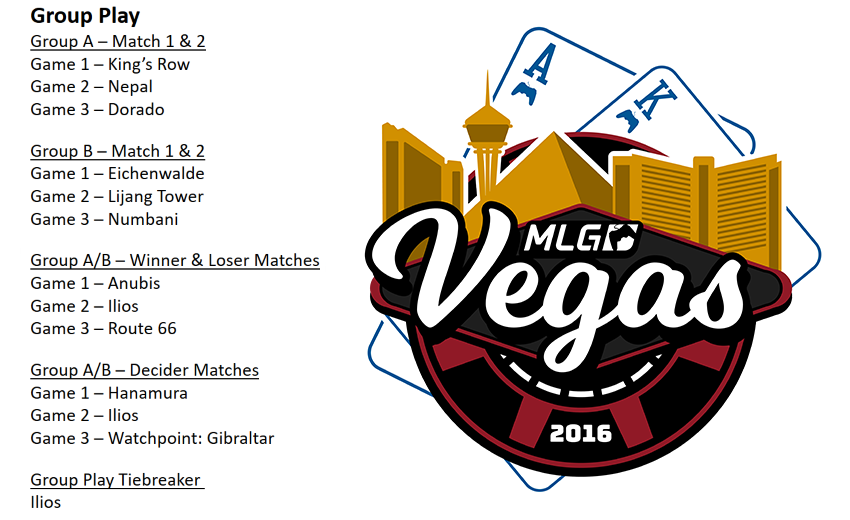
Between DreamHack, OGN APEX, and the Alienware Monthly Melees, we've seen several different map selection systems recently. Which one do you think is ideal?
DaHanG: Drop drop all the way without pre-determined maps is optimal for competitive play if the goal is to let the best team on paper win most of the time statistically (which again I think is goal of competition, less randomness/variation when possible). However, I am not completely opposed to pick pick being in the mix since there is not a consensus on this within the pro community.
My preference is rule announcements made clear within enough time in advance for teams to prepare.
Dahun: I think DreamHack's pick ban process was best; it guarantees a team gets a map they feel pretty confident with and will show what that team is really capable of, while still allowing you to ban out a few maps that you don't want to play on before the other team gets to pick one.
It's been great getting your insights on such a hot topic. If you had one takeaway that you wanted your fans and the community at large to come away with, what would it be?
DaHanG: I just want folks to understand that the goal is to not complain and appear like spoiled brats, or that we do not appreciate Overwatch events being hosted. The goal is to have competitive events have proper competitive rule sets. Applying pressure and voicing concerns is how change happens, so thanks for the opportunity.
Dahun: Overwatch is a great game and I will continue to play it for a long time to come It is maturing a little bit as an eSport, so we should try to make sure that it grows up right.
Thanks again for your time. I know that there are a bunch of tournaments on the way, so best of luck to you all.
You can follow our guests on Twitter: DaHang is @liquiddahang, and Dahun is @DahunOW.
For more competitive Overwatch news, follow @GosuOverwatch.

